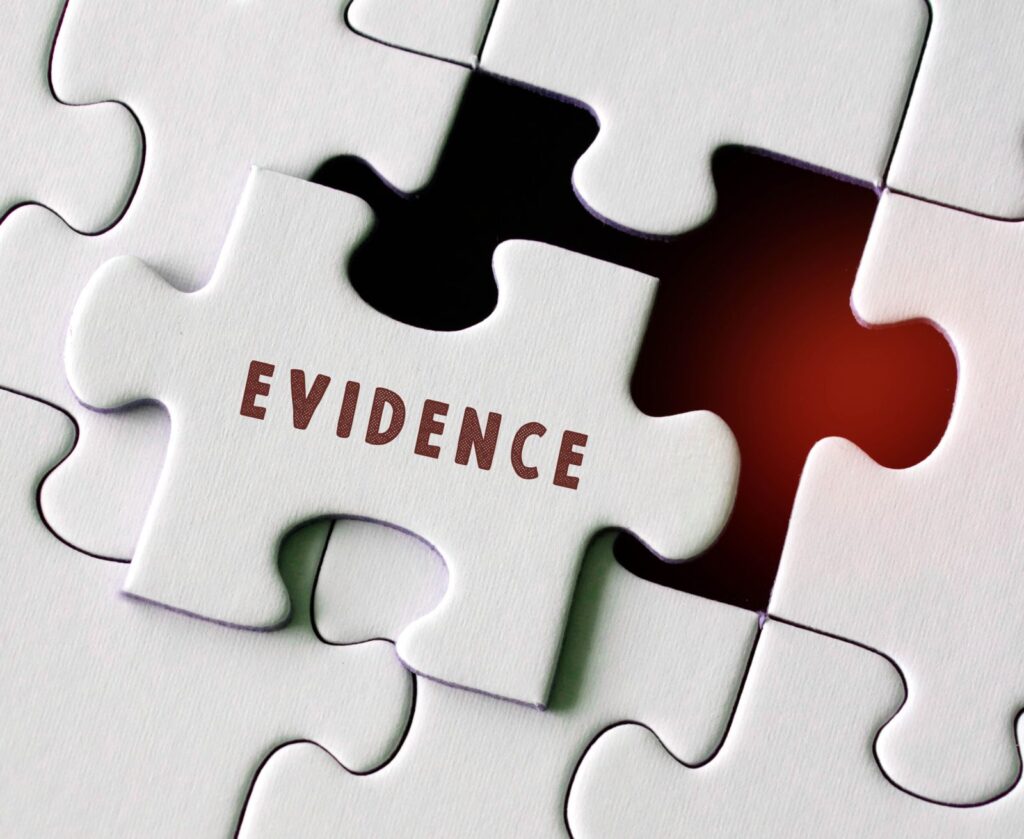Think you may have a personal injury case? Before you can file a lawsuit, you need to make sure there is enough evidence. Here is what you need to know.
What Is a Personal Injury Case?
A personal injury case is a legal dispute that arises when one person suffers harm from an accident or injury, and someone else might be legally responsible for that harm. In order to have a successful personal injury case, you will need to show that the other party was at fault, and that their actions (or inaction) directly led to your injuries. A personal injury lawsuit can provide you with financial compensation for your injuries, but the process can be complicated and overwhelming.
What Kind of Evidence Do I Need?

Before filing a personal injury case, it’s important to understand what kind of evidence will be needed in order to prove your claim. Generally speaking, there are three types of evidence that can be used to support a personal injury claim: medical records, witness testimony, and physical evidence.
Medical records can help to establish the nature and extent of your injuries, while witness testimony can help to corroborate your account of what happened.
Physical evidence, such as photos or videos of the accident scene, can also be helpful in making your case. By gathering this evidence ahead of time, you’ll be in a much better position to successfully pursue a personal injury claim. Some of the most important types of evidence in a personal injury case include:
* Eyewitness testimony
* Photographs or video footage of the accident scene
* Medical records documenting your injuries
* Expert testimony
This is not an exhaustive list, but it gives you an idea of the kind of evidence that will be helpful in a personal injury case. Keep in mind that the stronger your evidence is, the more likely you are to win your case.
How Long Do I Have to File a Personal Injury Lawsuit?

Each state has its own statute of limitations, or time limit, for filing a personal injury lawsuit. In most states, you’ll have two years from the date of your accident to file a personal injury claim. However, there are some exceptions to this rule.
For example, if you were injured as a result of medical malpractice, you may have a shorter time period in which to file a claim. It’s important to be aware of the statute of limitations in your state, as failure to file your lawsuit within the prescribed time period can result in your case being dismissed.
A personal injury lawsuit can be complex, but understanding the process and what you need can help to ease some of your anxiety. Filing a personal injury lawsuit can help you get the financial compensation you need to cover medical expenses and other costs related to the accident. If you’ve been injured, it’s important to know what evidence is needed for a personal injury lawsuit. Speak to an experienced personal injury lawyer to learn more.

